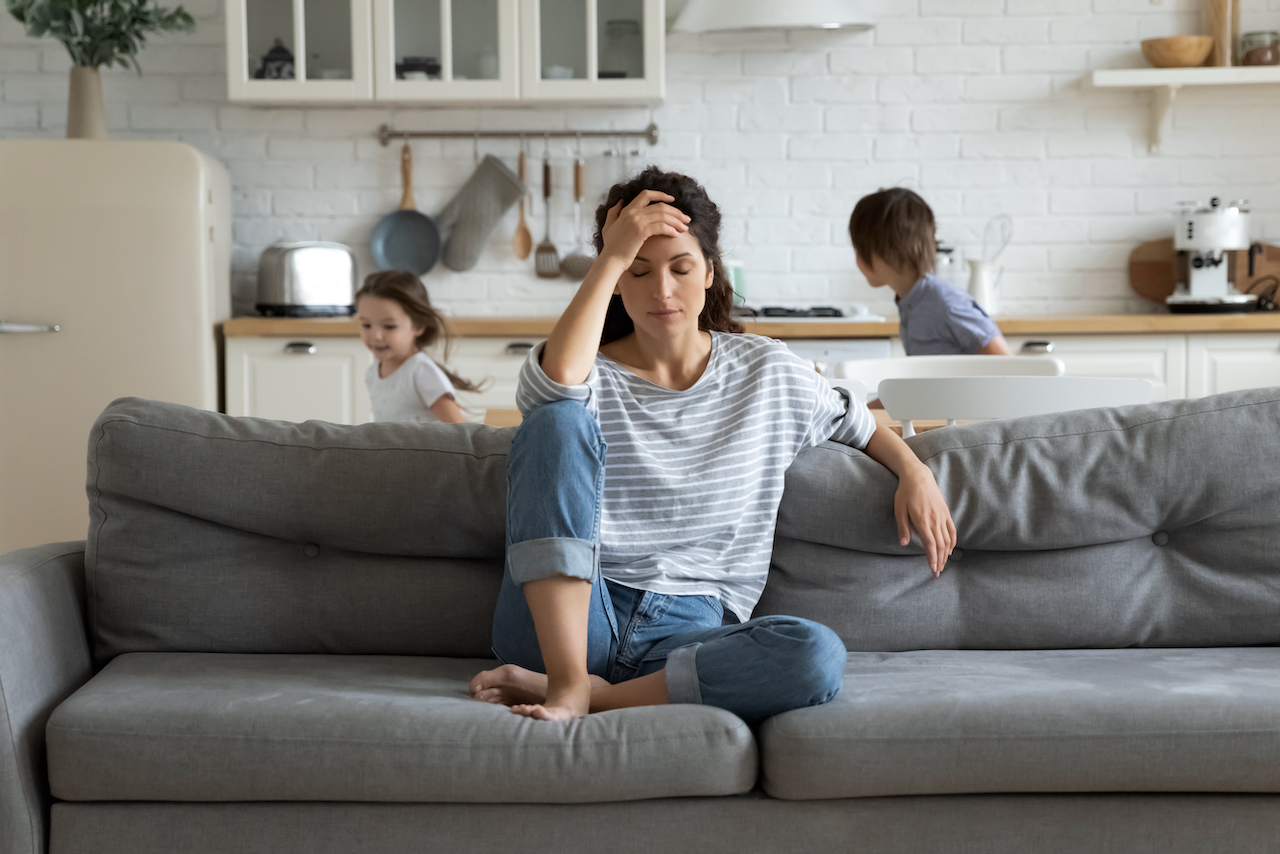Parent-Child Interaction Therapy (PCIT)
Parent-Child Interaction Therapy (PCIT) is a highly effective, research-supported therapy for children ages 2–8 who are experiencing behavior challenges such as tantrums, aggression, defiance, or emotional dysregulation. PCIT focuses on improving the parent-child relationship and building positive communication skills.
This structured program typically lasts 12–20 weeks and includes two main phases:
- Child-Directed Interaction (CDI): Learn to use positive attention and play-based strategies to strengthen your bond with your child and increase cooperation.
- Parent-Directed Interaction (PDI): Gain skills in giving effective instructions, setting boundaries, and managing behavior with calm, consistent strategies.
What sets PCIT apart is real-time coaching: During sessions, our therapist guides you live through an earpiece or observation room, helping you apply techniques in the moment. This hands-on support accelerates progress and builds lasting confidence in parenting.
Parents often report that PCIT not only changes their child’s behavior—it transforms how they respond as a parent, creating a more peaceful and connected home.
Learn more about PCIT at pcit.org
PCIT NATIONALLY CERTIFIED PROVIDER
Cognitive Behavioral Therapy (CBT) for Children
Cognitive Behavioral Therapy (CBT) is a proven, evidence-based treatment that helps children understand how their thoughts, emotions, and behaviors are connected. At Little Futures, we use age-appropriate, playful techniques—such as stories, games, and visuals—to make CBT engaging and effective for young children.
CBT helps children:
- Recognize and express their emotions in healthy ways
- Develop coping strategies for anxiety, anger, and frustration
- Build problem-solving and emotional regulation skills

Parent Management Training (PMT)
Parenting a child with frequent tantrums, defiance, or big emotions can feel overwhelming. Parent Management Training (PMT) is an evidence-based approach that helps parents learn effective strategies to reduce challenging behaviors, strengthen the parent-child relationship, and promote positive development.
At Little Futures, our therapists guide parents step-by-step through PMT, providing tools and coaching to make everyday parenting more calm, consistent, and effective.

